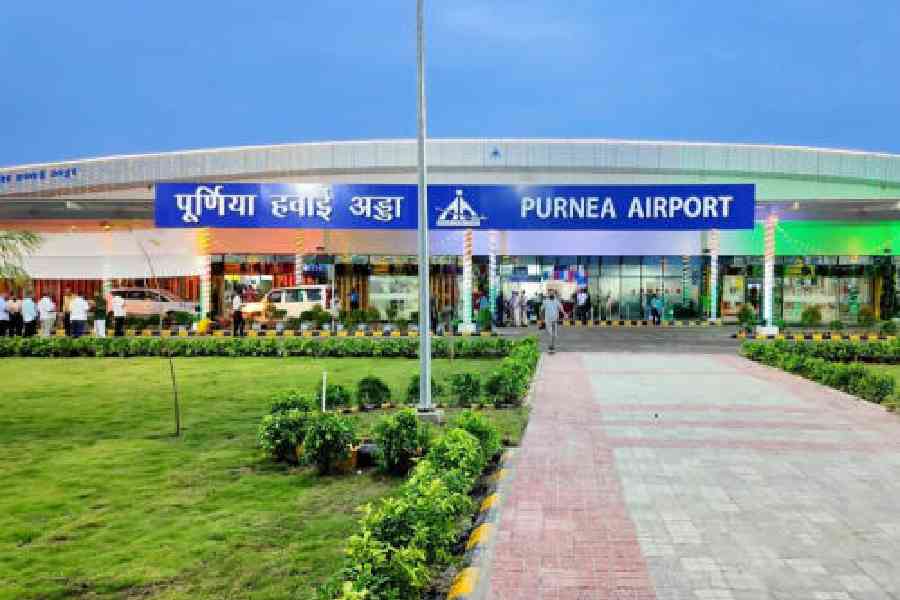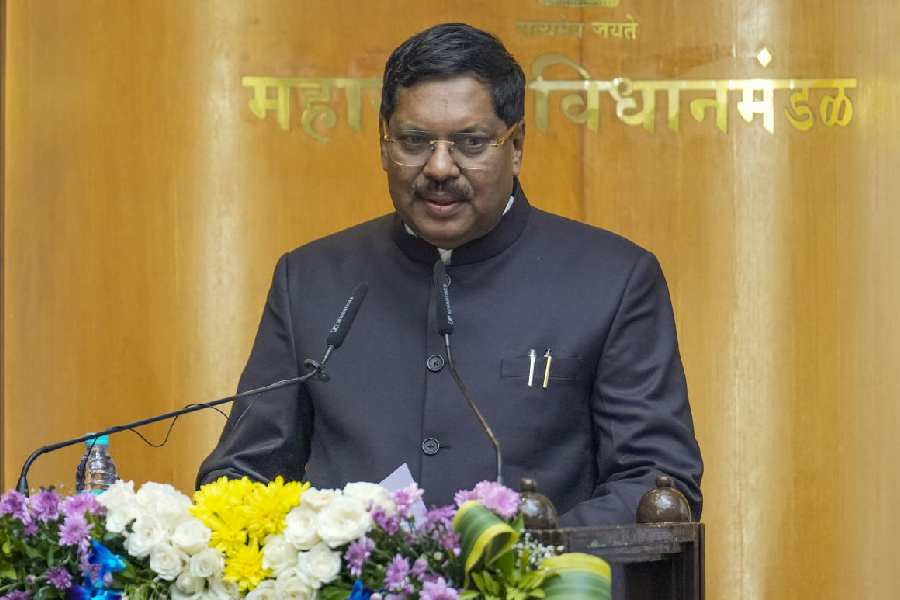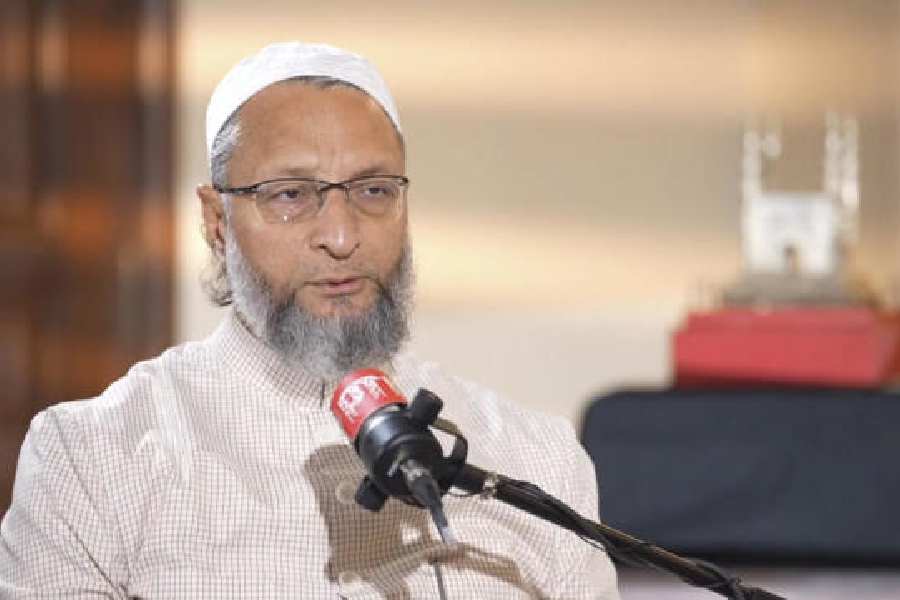 |
| Toshi Tsangpi. Telegraph picture |
Mokokchung, Oct. 9: For this splendid man of Nagaland’s Ao community, who carries his rifle wherever he goes, “there is a warrior in every Naga.” The war for Toshi Tsangpi, however, is not with a gun against a seen enemy. He fights with an armoury of information against an unseen virus, the deadly HIV.
Fighting a personal battle, Tsangpi mentally makes a notch on the butt of his gun every time he succeeds in bringing one infected person out of the closet. The 385th notch had been made a couple of weeks ago.
Leading the battle from the front in his home district Mokokchung, Tsangpi was the first person to come out into the open in Mokokchung with the declaration that he was HIV positive.
Today the tall Naga goes from village to village in Mokokchung district and holds himself up as an example on how to lead a normal life despite being infected with HIV several years ago.
“It was in August, 2004 that I came to know that I was positive. This was when the government had made it mandatory for all pregnant women to be given a spot test for AIDS. My wife tested positive and her status gave me inkling that I may be the same. My first daughter had already been born at home and we both took the test. I was devastated to find that we were both positive. We aborted the unborn child at that time,” he said.
Later, the couple opted for a second baby in the hope that a medicine, which had to given within three hours after birth would prevent the baby from developing HIV. “But I am scared to test her,” he admits.
Though sure that the virus in his case was spread through sexual transmission, he is unsure about who he got it from. “Nagaland is a free society and people do indulge in high-risk behaviour,” he says matter-of-factly.
His battle to prevent the spread of the disease began soon after, despite the neighbourhood treating him and his family like outcasts for several years.
“My children suffered for this at school and were not allowed into the homes of friends and family. My family and I were shunned wherever we went after we came out in the open,” he said.
“Four of us — Wapang Jamir, Tongpang Miren, Pendang Yanger and I — came together and began to educate others in the district. This was in 2006.”
Tsangpi came to know of the others through the integrated counselling and testing centre in the district and through an NGO, which was working in this regard.
However, we became more organised in 2008 after forming the Mokokchung chapter of the Network of Positive, said Tsangpi, who is president of the outfit.
Sensitisation programmes, however, centred in and around Mokokchung town as hiring vehicles and arranging luncheons in far-flung places required money.
Their endeavour got a boost from November 2009, when corporate India, in the form of Bharti Infratel, the tower wing of Bharti Airtel, lent them a helping hand by providing funds for holding awareness programmes in 80 odd villages.
Banajit Ojah, circle HR head, said Bharti Infratel ran a number of schools for the underprivileged in different states of India under its corporate social responsibility programme, but the lack of infrastructure here was a hindrance to proceed in this direction. “We decided to do something different for the people of the Northeast.”
Perched at an altitude of more than 5,500 feet, Mokokchung district in north Nagaland is difficult to access and one of the most remote places in the country.
“It’s a place still frozen in time in the rapidly changing world of today. The people are very poor and mostly lead a life that is severe and unimaginable. There is no train or air connectivity to this region and the roads are bad. Further, the state has a history of insurgency problems, which date back to the pre-independence era, and so we decided to launch the programme in Nagaland and took up Mokokchung as the first district,” Ojah said.
Of those who were tested, 3.5 per cent were HIV positive. So, Bharti Infratel decided to sponsor the sensitisation programme in all the remote villages in Mokokchung over the next 24 to 36 months with a sanction of Rs 6 lakh for the year 2010-11 and 2011-12. The first camp was held on November 28, 2010.
“We have covered 41 villages thanks to Bharti Infratel and now have 385 people in Mokochung who have joined the network. The 385th member joined a couple of weeks ago. Their status of being positive was suppressed under a load of superstitious beliefs and social stigma,” Tsangpi said.
Tsangpi narrates horrific tales of superstition and stigma.
There was one girl who was turned out of her home by her elder sister and asked to go and live in Dimapur alone for fear that society would ostracise the entire family.
A student of Class IX hanged herself in 2011, unable to take the constant harassment and snide remarks by her friends although she was not positive. Her only crime was that her parents had died of AIDS. Another boy was left alone in a hut built outside the village and the place where he bathed in a river was shunned and people of the village started going upstream to take their bath.
Today though, for scores of such youngsters, there is Tsangpi, forever counting his notches, and his “positive” friends, all fighting a common war against a virus that threatens Naga society. Many are out in the open with all their grit, but many still remain closeted.










